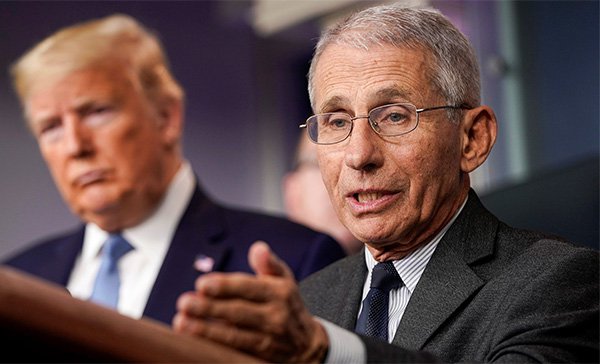ATLANTA – The number of coronavirus cases in Georgia continues to rise quickly and steadily.
Georgia reported more than 2,680 cases of COVID-19 as of Sunday evening, with a quarter of them requiring patients to go to the hospital and 83 deaths, according to the state Department of Public Health.
President Donald Trump declared a federal disaster in the state on Sunday, clearing the way for federal aid.
Fulton County continues to lead the state with more than 400 cases. But hard-hit Dougherty County in southwestern Georgia still leads in deaths, with 17, and has reported almost 240 cases despite a population 11 times smaller than Fulton County. Georgia has reported 80 virus deaths statewide.
Bulloch County had its first case of coronavirus confirmed Friday afternoon by the Georgia Department of Public Health. A patient at a Statesboro physician’s office tested positive on Tuesday, but the patient is not a Bulloch resident.
Bulloch commissioners discussed a possible curfew during a special called meeting Friday, but no action was taken at the meeting.
The commissioners will meet again Tuesday, and possibly enact a curfew and other measures to further protect residents from the COVID-19 virus, said Bulloch County Commission Chairman Roy Thompson.
Phoebe Putney Memorial Hospital in Albany, which is treating the majority of cases in the area, said it would require everyone who enters to wear a mask starting Monday.
Scott Steiner, CEO of Phoebe Putney Health System, which owns the hospital and other facilities in the area, said the company was able to implement the policy at all of its properties because it now have sufficient masks available.
Medically trained troops from the Georgia National Guard have been brought in to help the hospital, whose intensive care unit is full as emergency patients continue to stream in.
Nationally, the coronavirus outbreak could kill 100,000 to 200,000 Americans, the U.S. government's top infectious-disease expert warned on Sunday as smoldering hotspots in nursing homes and a growing list of stricken cities heightened the sense of dread across the country.
Dr. Anthony Fauci, director of the National Institute of Allergy and Infectious Diseases, made the dire prediction of fatalities on CNN's “State of the Union,” adding that millions in the U.S. could become infected.
By midday, the U.S. had about 125,000 infections and 2,200 deaths, according to the running tally kept by Johns Hopkins University, though the true number of cases is thought to be considerably higher because of testing shortages and mild illnesses that have gone unrecognized or unreported.
Worldwide, the count approached 700,000 infections, and deaths topped 32,000. World Health Organization figures showed the daily increase in new infections was eclipsing 70,000, up from about 50,000 earlier in the week, and more than six times what it was two weeks ago.
Gov. Brian Kemp said law enforcement spent the weekend patrolling campgrounds and lakes to break up large groups of people.
“They are monitoring coves where people tend to congregate and, if necessary, using bullhorns to tell people to comply with the order," Kemp said in a statement.

